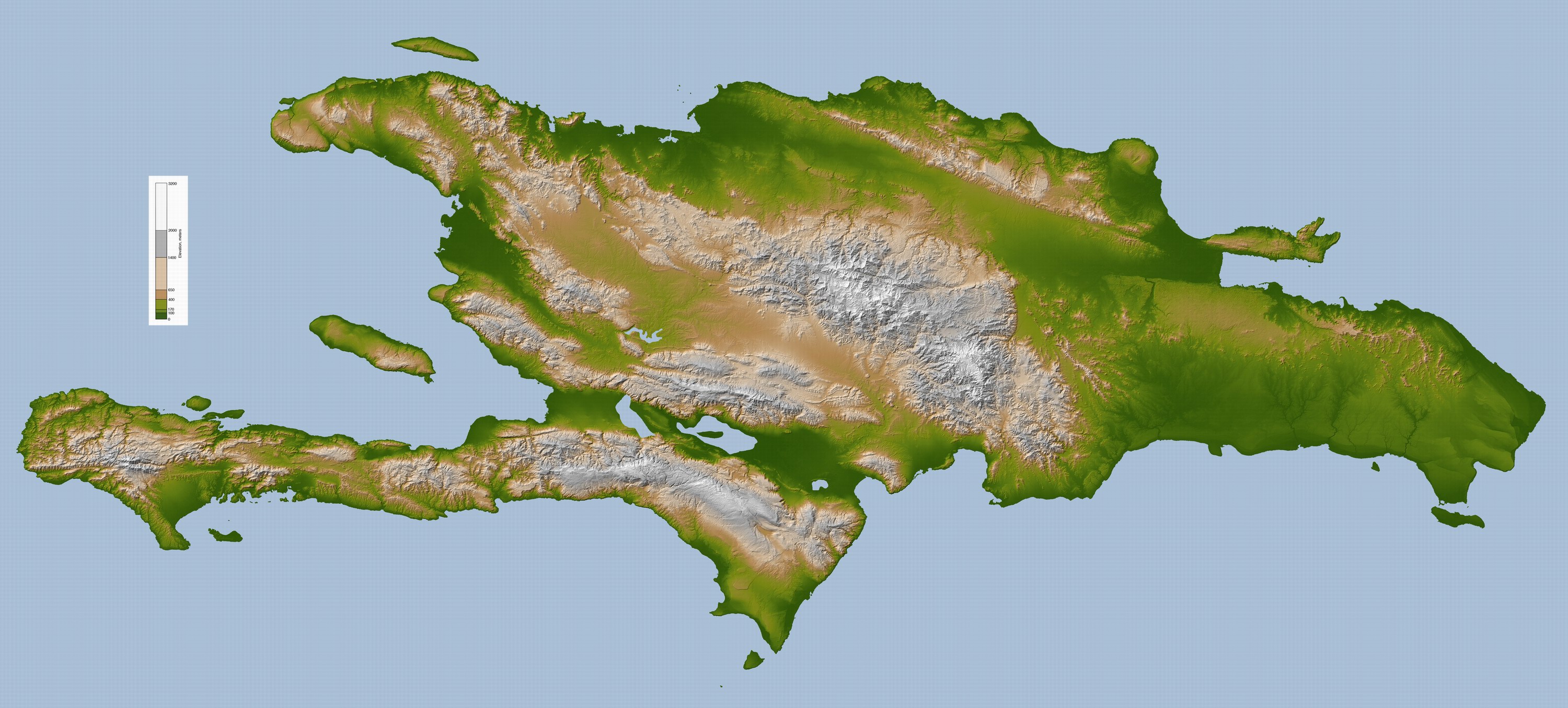|
Colloquies
''Colloquies'' (Latin title ''Colloquia familiaria'') is one of the many works of the "Prince of Christian Humanists", Desiderius Erasmus. Published in 1518, the pages "...held up contemporary religious practices for examination in a more serious but still pervasively ironic tone".Coffin G. Judith, Stacey C. Robert. Western Civilizations, Ed16 Vol2. W. W. Norton & Company, 2008. pp.463 Christian Humanists viewed Erasmus as their leader in the early 16th century. Erasmus' works had greater meaning to those learned few who had a larger knowledge of Latin and Greek. Colloquies in Latin means a formal written dialogue, thus in his book Erasmus explores man's reaction to others in conversations. The ''Colloquies'' is a collection of dialogues on a wide variety of subjects. They began in the late 1490s as informal Latin exercises for Erasmus' own pupils. In about 1522 he began to perceive the possibilities this form might hold for continuing his campaign for the gradual enlightenment an ... [...More Info...] [...Related Items...] OR: [Wikipedia] [Google] [Baidu] |
Desiderius Erasmus
Desiderius Erasmus Roterodamus (; ; English: Erasmus of Rotterdam or Erasmus;''Erasmus'' was his baptismal name, given after St. Erasmus of Formiae. ''Desiderius'' was an adopted additional name, which he used from 1496. The ''Roterodamus'' was a scholarly name meaning "from Rotterdam", though the Latin genitive would be . 28 October 1466 – 12 July 1536) was a Dutch philosopher and Catholic theologian who is considered one of the greatest scholars of the northern Renaissance.Gleason, John B. "The Birth Dates of John Colet and Erasmus of Rotterdam: Fresh Documentary Evidence", Renaissance Quarterly, The University of Chicago Press on behalf of the Renaissance Society of America, Vol. 32, No. 1 (Spring, 1979), pp. 73–76www.jstor.org/ref> As a Catholic priest, he was an important figure in classical scholarship who wrote in a pure Latin style. Among humanists he was given the sobriquet "Prince of the Humanists", and has been called "the crowning glory of the Christian humanists ... [...More Info...] [...Related Items...] OR: [Wikipedia] [Google] [Baidu] |
1518 Books
__NOTOC__ Year 1518 ( MDXVIII) was a common year starting on Friday (link will display the full calendar) of the Julian calendar. Exceptions France In France, the year 1518 lasted from 4 April 1518 to 23 April 1519. Since Constantine (around year 325) and until the year 1565, the year was reckoned as beginning at Easter. For instance, the will of Leonardo da Vinci, drafted in Amboise on 23 April 1519, shows the legend "Given on the 23rd of April of 1518, before Easter". * See Wikisource "1911 Encyclopædia Britannica/Easter" Events January–June * April 18 – The widowed Sigismund I the Old, King of Poland and Grand Duke of Lithuania, marries Milanese noblewoman Bona Sforza in Wawel Cathedral and she is crowned as Queen consort of Poland. * May 26 – A transit of Venus occurs. July–December * July – Dancing plague of 1518: A case of dancing mania breaks out in Strasbourg, in which many people die from constant dancing. * Aug ... [...More Info...] [...Related Items...] OR: [Wikipedia] [Google] [Baidu] |
Humanists
Humanism is a philosophical stance that emphasizes the individual and social potential and agency of human beings. It considers human beings the starting point for serious moral and philosophical inquiry. The meaning of the term "humanism" has changed according to the successive intellectual movements that have identified with it. During the Italian Renaissance, ancient works inspired scholars in various Italian cities, giving rise to a movement now called Renaissance humanism. With Enlightenment, humanistic values were re-enforced by the advances in science and technology, giving confidence to humans in their exploration of the world. By the early 20th century, organizations solely dedicated to humanism flourished in Europe and the United States, and have since expanded all over the globe. In the current day, the term generally refers to a focus on human well-being and advocates for human freedom, autonomy, and progress. It views humanity as responsible for the pro ... [...More Info...] [...Related Items...] OR: [Wikipedia] [Google] [Baidu] |
Christendom
Christendom historically refers to the Christian states, Christian-majority countries and the countries in which Christianity dominates, prevails,SeMerriam-Webster.com : dictionary, "Christendom"/ref> or is culturally or historically intertwined with. Following the spread of Christianity from the Levant to Europe and North Africa during the early Roman Empire, Christendom has been divided in the pre-existing Greek East and Latin West. Consequently, internal sects within Christian religion arose with their own beliefs and practices, centred around the cities of Rome ( Western Christianity, whose community was called Western or Latin Christendom) and Constantinople (Eastern Christianity, whose community was called Eastern Christendom). From the 11th to 13th centuries, Latin Christendom rose to the central role of the Western world. The history of the Christian world spans about 1,700 years and includes a variety of socio-political developments, as well as advances in the a ... [...More Info...] [...Related Items...] OR: [Wikipedia] [Google] [Baidu] |
Books By Desiderius Erasmus
A book is a medium for recording information in the form of writing or images, typically composed of many pages (made of papyrus, parchment, vellum, or paper) bound together and protected by a cover. The technical term for this physical arrangement is ''codex'' (plural, ''codices''). In the history of hand-held physical supports for extended written compositions or records, the codex replaces its predecessor, the scroll. A single sheet in a codex is a leaf and each side of a leaf is a page. As an intellectual object, a book is prototypically a composition of such great length that it takes a considerable investment of time to compose and still considered as an investment of time to read. In a restricted sense, a book is a self-sufficient section or part of a longer composition, a usage reflecting that, in antiquity, long works had to be written on several scrolls and each scroll had to be identified by the book it contained. Each part of Aristotle's '' Physics'' is ... [...More Info...] [...Related Items...] OR: [Wikipedia] [Google] [Baidu] |

.jpg)


